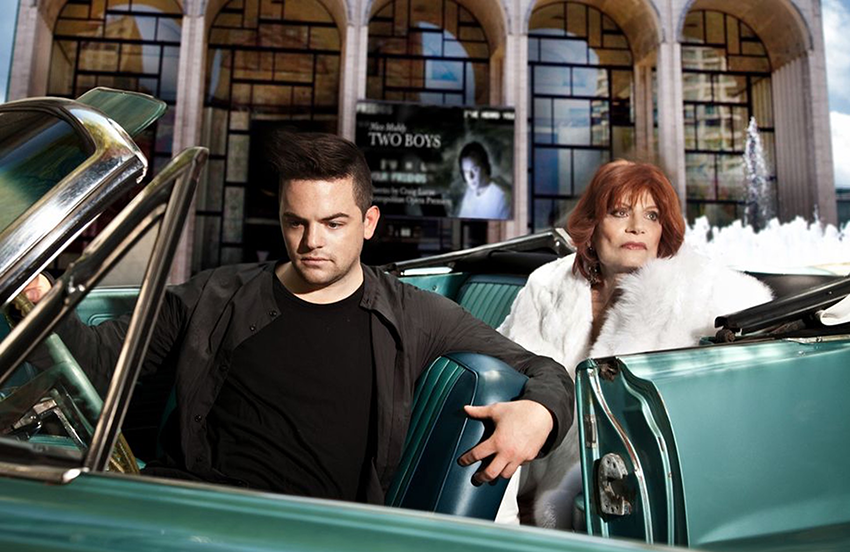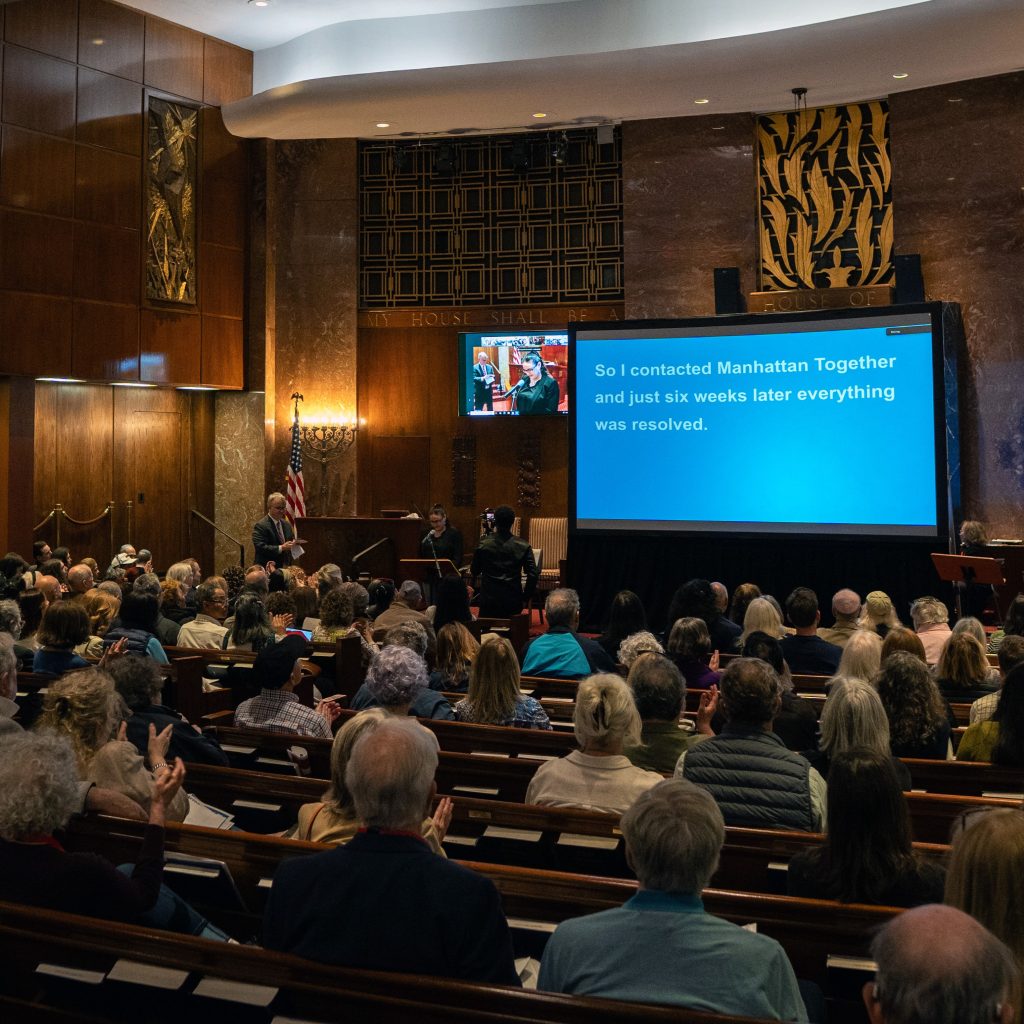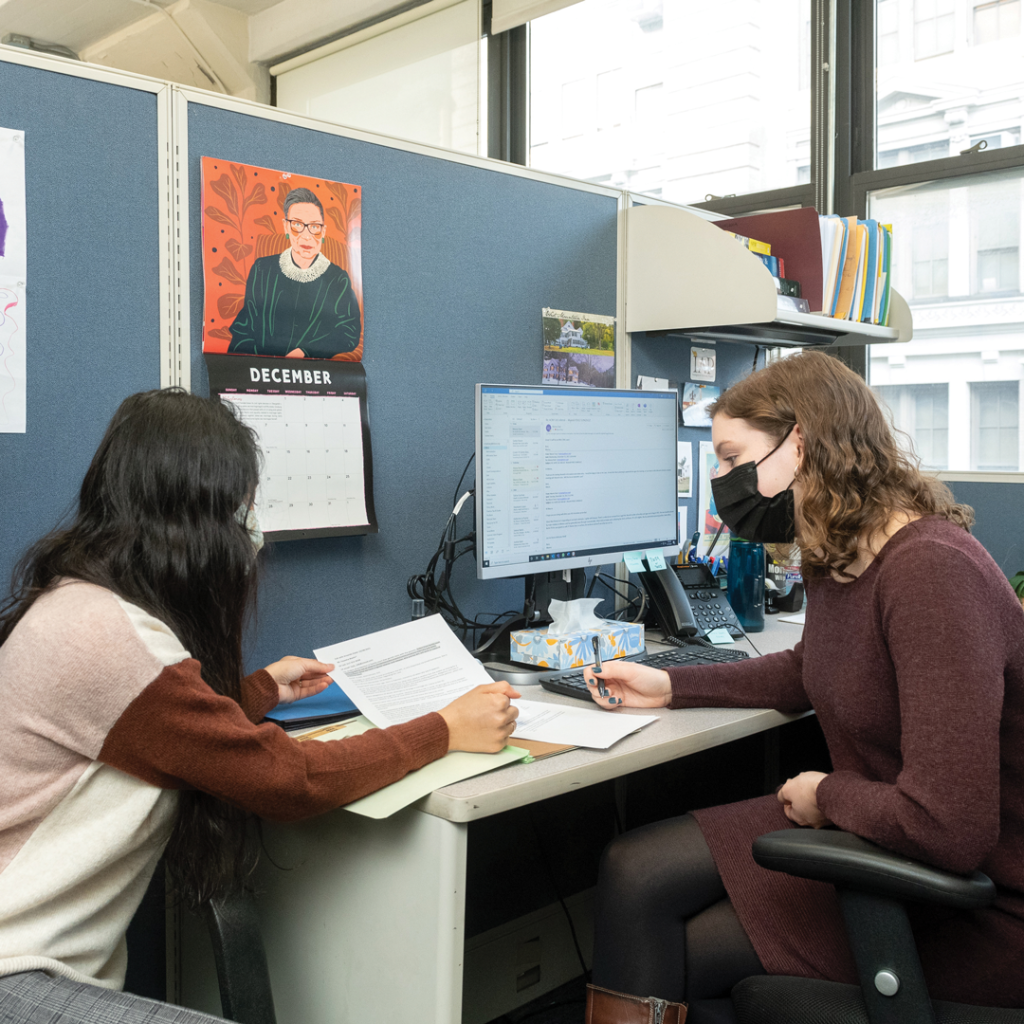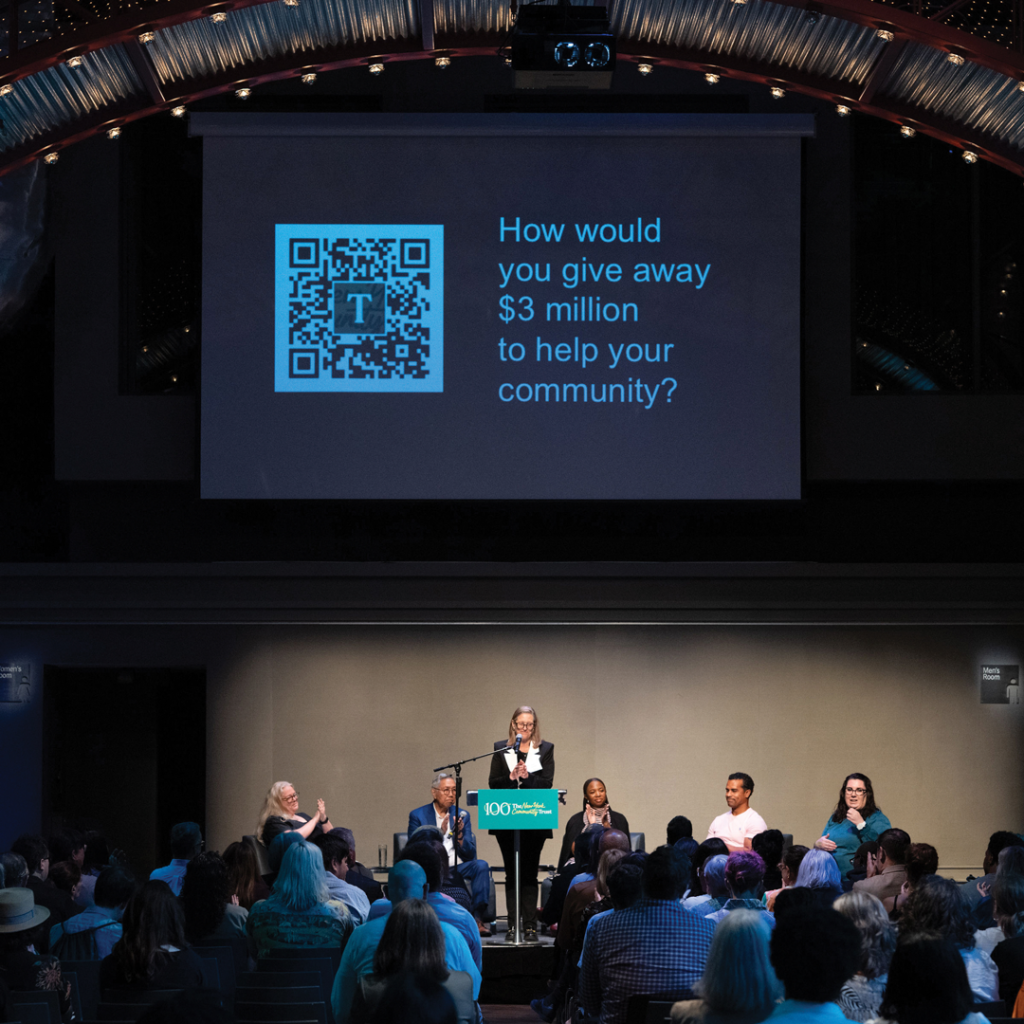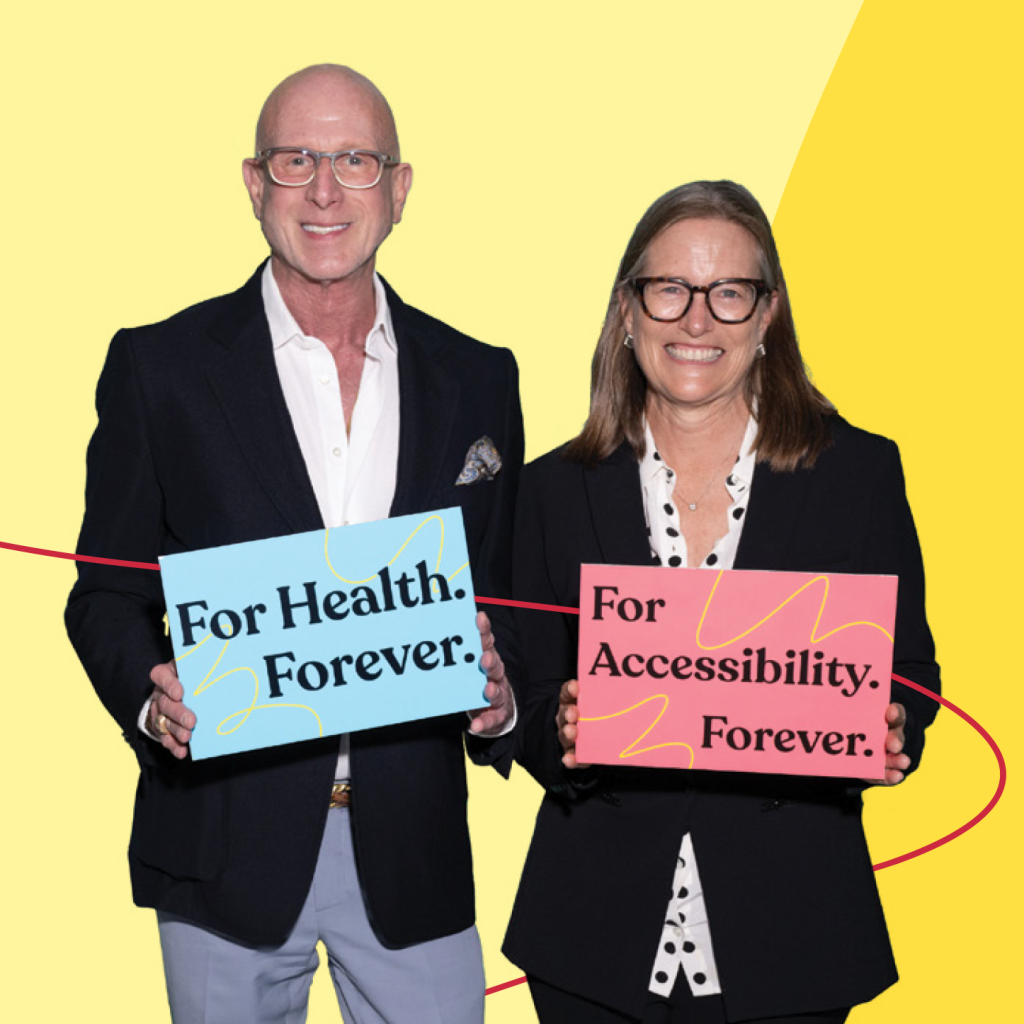A Staten Island dentist to transgender opera patron. Her fund at The Trust supports gender-affirming surgery for young trans people.
Coco Lazaroff (1934-2018)
In September 2014, the Brooklyn Academy of Music premiered a chamber opera for two voices–one baritone and the other mezzo-soprano—but only one protagonist, Hannah, a transgender woman. “As One,” composed and created by Laura Kaminsky, is a coming-of-age opera about Hannah’s journey through transition. It was commissioned and developed by the American Opera Project, whose president and a major supporter, Dr. Coco Lazaroff, lived that story line.
“You don’t have to be transgender—or even an opera lover—to be moved and haunted by ‘As One,’ ” Broadway World wrote in its review of the production. Since its premiere, “As One” has become the most-produced modern opera in America, challenging preconceptions and inspiring empathy. Much like its patron.
Coco was born Michael Joseph Lazaroff on May 11, 1934, in Philadelphia to Charles and Dorothy Butler Lazaroff.
In a 2014 interview with Flatt Magazine, Coco Lazaroff explained her deep connection to the world of opera. “It is a combination of all the arts,” Coco said. “It is music. It is theater. It is ballet…. When you put them in one bowl, opera comes out. When they all work, it’s a masterpiece.”
Coco graduated from Temple University’s Kornberg School of Dentistry, then moved to Staten Island in the mid-1970s, where she lived and practiced dentistry for 22 years. “When I was a dentist, I would only have one patient on Saturdays,” she said in the interview. “I would keep them for three hours while they played opera (on the radio) . . . I loved it.”
Asked why she became an opera patron, Coco said, “Well, number one, I could afford it. I was trying to get out of being a dentist, so I began investing in real estate. There was a building boom in the ’70s. They were good years, and I did well with my investments.”
In the mid-1990s, Coco moved to Manhattan and purchased subscriptions to “pretty much every arts organization in New York City,” she said. “I decided to go with The Met because they are hands down the best organized,” she added. Coco could often be seen in the front row, sporting a bright red wig and a huge smile.
From 2000 to 2002, Coco rented a beach house on Fire Island, where she sponsored the Fire Island Dance Festival’s 20th anniversary in 2014.
It was at The Met that Coco learned of the young contemporary composer Nico Muhly, who was producing his new work, “Dark Sisters,” at Gotham Chamber Opera in 2012. Coco soon became a fan, then a patron, of Nico’s work. She sponsored many of his productions, including “Mixed Messages,” a composition for the Philadelphia Orchestra, and “Two Boys,” a cautionary tale that explores the world of online relationships, chatrooms, and the dark side of the internet. It made its American debut at The Met in 2013.
Coco described Muhly’s work as “the most exciting thing I’ve seen in a long while.” She said she supported his contemporary work as a way of attracting younger people to opera. “The audience is getting older and older and dying,” she said in the Flatt Magazine interview. The Met “decided that they had to find a way to get young people involved.”
Coco died on September 23, 2018, at age 84. In her will, Coco Lazaroff established The Coco Fund in The New York Community Trust to finance the costs of sexual reassignment surgery in the United States for individuals, under the age of 30, born with male sex organs who desire to live as females.
In its online tribute, the American Opera Project praised Coco as “a spirited and avid consumer of new opera, who challenged AOP to venture beyond traditional boundaries in the kinds of operas we develop.… She was a recognizable figure and always sat in the front row of theaters. We imagine she now has the very best seat.”
